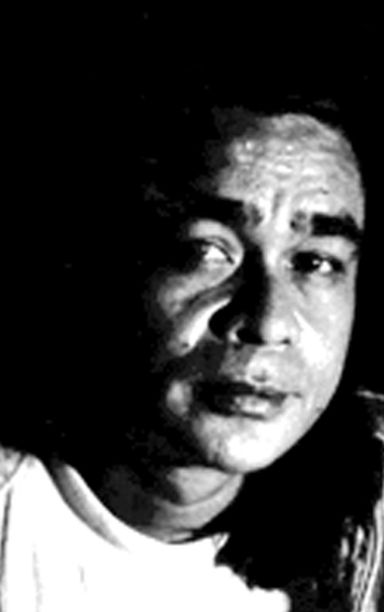
RAYMUND FERNANDEZ
Were I asked what ability should an artist or writer have above everything else, my immediate answer would not have much to do with style and technique. My answer would be that the artist or writer should have empathy, the ability to look at the world from another person’s perspective.
Surely the artist and writer would need the capacity for sympathy, the capacity to feel what another person is feeling especially when that person feels sorrow and loss. But empathy is something else entirely. A good writer or artist must have the ability to look at the world beyond one’s own perspective.
To define the world according to one’s own perspective is easy. But one finds that some of the greatest works of art and literature were done and written not always from the writer’s or artist’s viewpoint.
Many times, the story is told from the perspective of a character inside the narrative. That character oftentimes might be fictitious, or based only loosely on a real person. But always, this perspective lends a dynamism to the narrative itself.
For inevitably, we begin to read the narrative as something that has gone beyond the single point perspective of the author. The shifts of perspective inevitably become palpable. I remember immediately Ernest Hemingway’s “The Old Man and Sea,” which uses this device of shifting perspectives in such a charming way. There is only one story. But as we read through it, we begin to define this story from how it may have been seen not just by the author, but also by the old fisherman, the young boy looking at him, and then finally from the perspective of the fish, which the old man has caught and will soon be eaten away by sharks.
The modernist art theories have something to do with this discussion. As when Immanuel Kant makes the intriguing claim that any aesthetic judgement is universal when that judgement is made from a purely “disinterested” perspective. I am repeating here what George Dickie writes in his book “Aesthetics: An introduction.” I give his assertions further elucidation by making a further assertion that this “disinterested” perspective can only come to writer or artist who has the capacity to look at his own work from someone else’s perspective; most especially, the perspective of his readers and/or viewers. You might extend this line of argument to cover other fields related to the humanities and art. But I would rather bring this discussion on empathy to a much more current issue.
Could it be that there are many of us in this country who are empathy-deficient, or who have no capacity at all for empathy?
I have read material which make the claim that some people are missing something in their DNA or their genetic make-up, which ordinarily give humans the ability to empathize or look at the world from the viewpoint of one less powerful.
After all, 12,000 persons have allegedly fallen victim to extrajudicial killings (EJKs), and there is hardly the kind of reaction we would have expected from people with a capacity for empathy.
These deaths seem acceptable to so many simply because the 12,000 dead are either addicts, criminals or involved in drugs. And so, it is possible that the mainstream viewpoint is that they, living as they do in their gated subdivisions or their walled mansions, should now feel that much safer because these people are dead.
They have not the capacity to look at all these from the perspective of one who has fallen victim, or have loved ones who have fallen victim to these killings.
My readings on this topic point to a condition called “sociopathy.”
Given what is happening now in our society, we might qualify this definition to be a “collective sociopathy,” where a large portion of the population loses the ability to look at the world from a perspective other than the interests of their own social class, their social positions.
And since these people are people in power, then we might lay claim to the fact that this collective sociopathy has come to affect the rich and powerful of our country. All the more reason now for artists and writers to remind them:
There are other perspectives besides the one they hold and abide by. In due time, this other perspective will rise from the dead to haunt them.